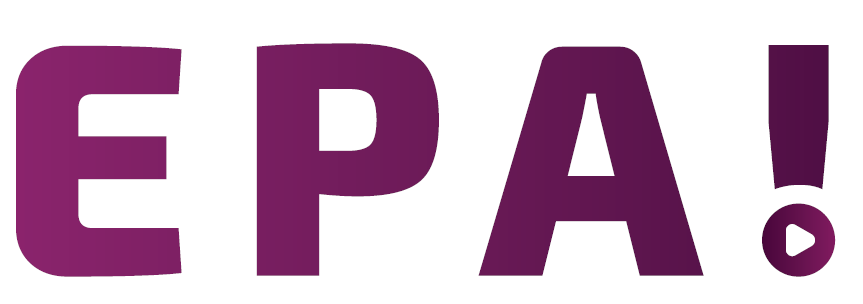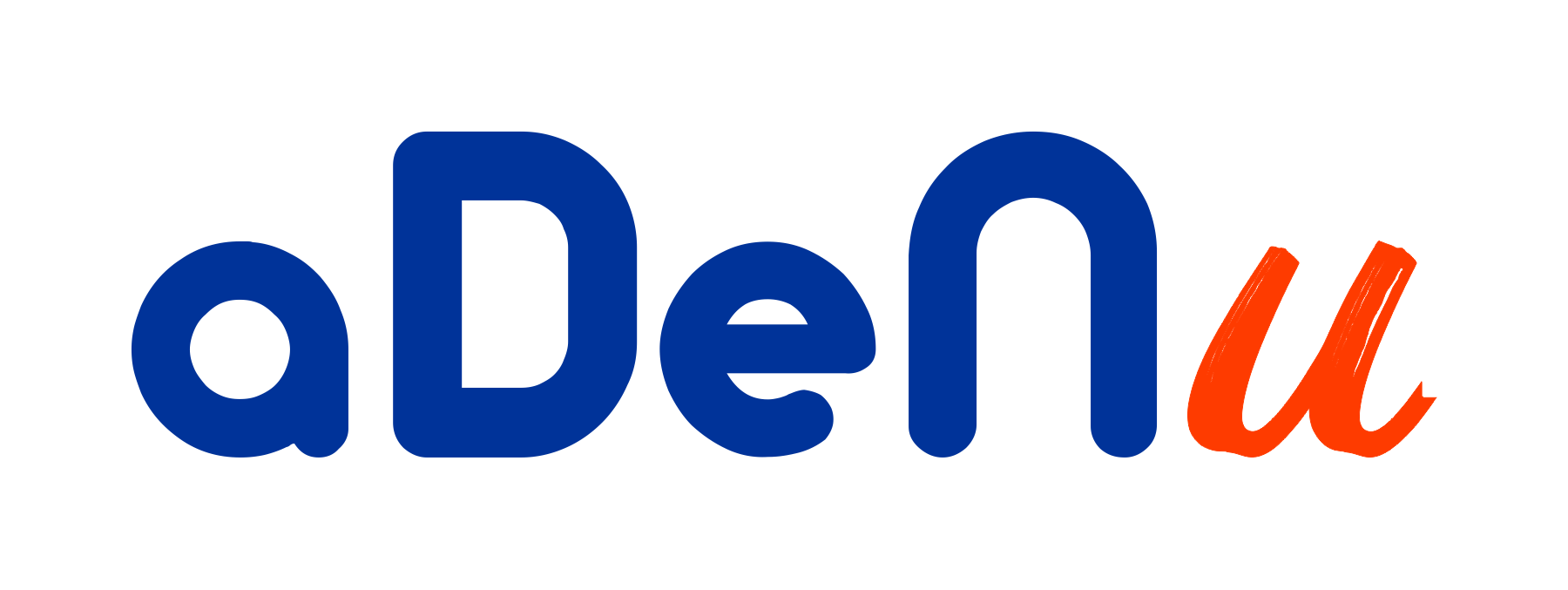The project “Entornos Personales de Aprendizaje Inteligentes” EPA! strengthens the capabilities of higher education institutions (HEIs) to address the challenges of the 21st century by introducing an innovative element of learning and teaching supported by artificial intelligence, with active engagement with the business world, fostering an entrepreneurial mindset, and enhancing competencies and capacities in HEIs. EPA! facilitates the application of teaching/learning methods in a novel way, harnessing the synergy and acceptability of open, formal, non-formal, and informal learning resources, using transparency tools such as credit systems, recognition of prior and non-formal learning through micro-credentials.
The project aligns with the priorities of the Erasmus+ program, particularly those of inclusion and diversity, as well as digitalization. Regarding inclusion and diversity, the project takes them into account in a cross-cutting manner, and to ensure this, a work package focused on privacy, ethics, and inclusion has been defined, along with a task of synergies between packages aimed at ensuring that there are no technological or didactic developments that do not consider the perspective of the other. Furthermore, inclusion and diversity are also considered in the consortium’s own definition, integrating universities of various types, private and public, technological and education-focused, national and local, covering territories far from the capital and serving populations with limited resources and diverse ethnicities, among other barriers to accessing higher education.
As for the priority of digital transformation, the EPA! project delves into improving the development of digital skills and competencies, not only for students but also for teachers, taking into account the European Framework for the Digital Competence of Educators (DigCompEdu) and its requirements for considering digital accessibility. Additionally, we dedicate a task to facilitating critical understanding in educational institutions about how to leverage the opportunities offered by digital technologies for teaching and learning, especially the application and use of personal learning environments, so that they can include them in their digital transformation plans.
The project pilots will also delve into the development of social and intercultural competencies, critical thinking, and media literacy, promoting active citizenship and ethics in lifelong learning, with a focus on activities related to combating climate change during the EPA! system piloting phase. Thus, the other two priorities of the program are also addressed.
EPA! takes into account the need to harmonize technological developments with teaching methodologies. Therefore, it not only focuses on creating the intelligent system for tracking, recommendation, and credentialing but also trains teachers and students in the application of the personal learning environment methodology through various training activities, thus ensuring the immersion and utilization of that methodology.
Moreover, EPA! understands that the objective of higher education must align with the needs of the productive sector, so it integrates companies, non-governmental organizations, and even governmental organizations into its system to gather their requirements, which are used by the recommendation system, improving the employability of students. To this end, dissemination activities will be carried out among this productive sector.
Therefore, the general objectives of the project are as follows:
GO1. Create a model for the Latin American educational ecosystem that adopts indicators allowing the evaluation of personal learning environments (PLEs) through rubrics, considering the following dimensions: relevance of content, ethics in information management, and accessibility.
GO2. Create an intelligent platform for managing personal learning environments that contributes to the improvement of learning quality and integrates the following subsystems: a tracking subsystem for activity within the personal learning environment, a quality subsystem with dynamic feedback based on convergence with e-portfolios for recommending new resources and contacts, incorporating the results of self-assessment of knowledge, competency, and skill development, and enabling the acquisition of credentials recognized in higher education.
EPA! will contribute to improving the quality of the Latin American education system with innovative

